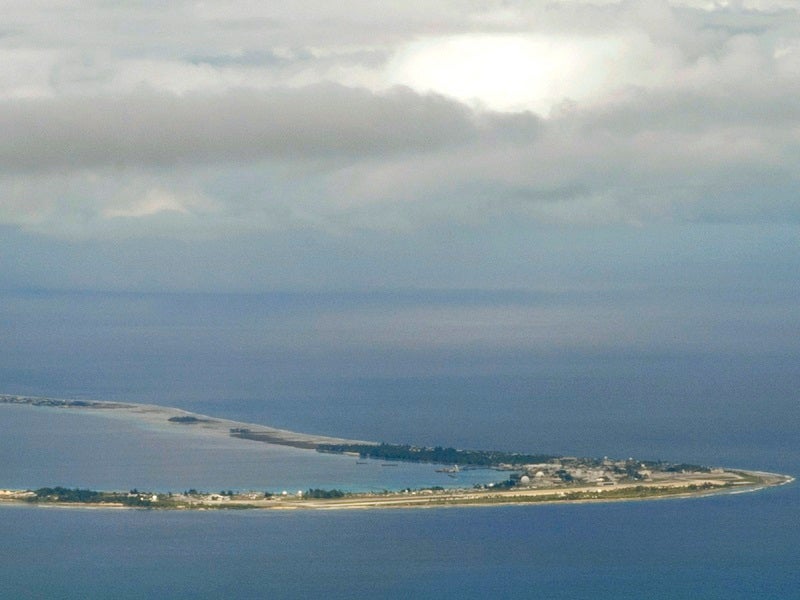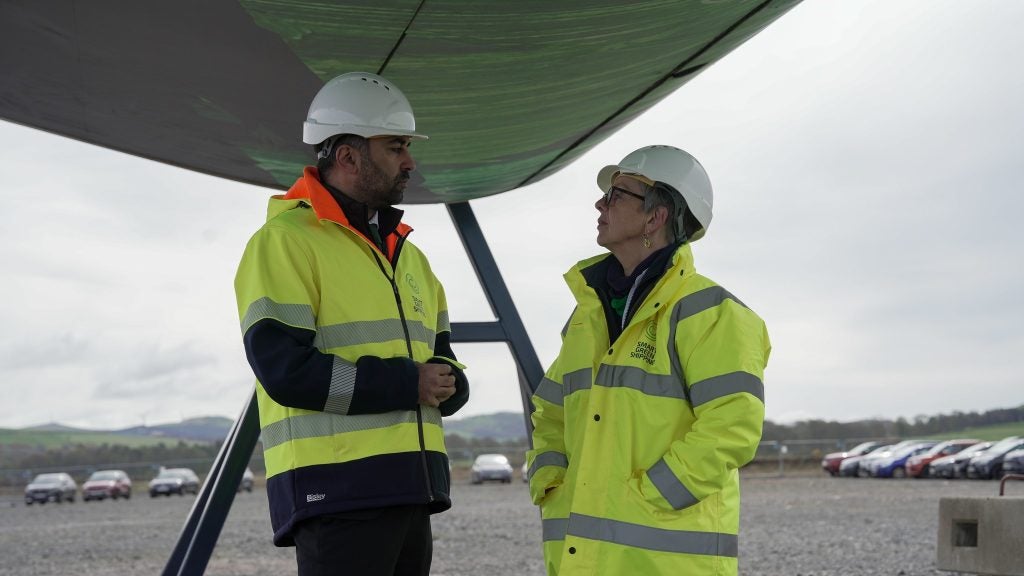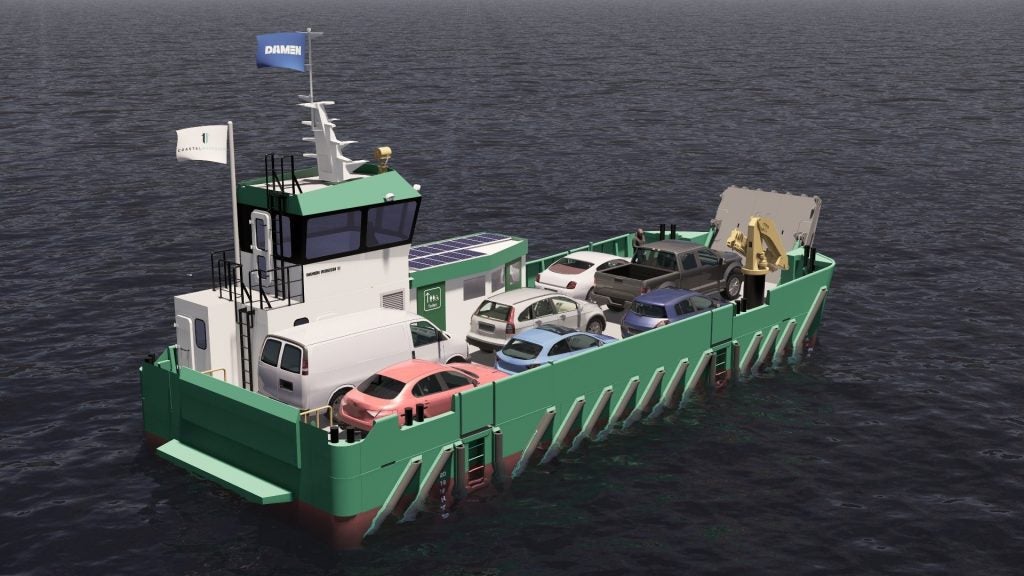
Sitting right in the middle of the Pacific Ocean, not far from the equator, the Marshall Islands physically occupy such a small portion of the globe that their location is quite hard to pinpoint on a map. However, this ensemble of 29 coral atolls is pivotal in international shipping.
Home of the second largest ship registry in the world, the Marshall Islands has established itself as a key industry player despite centuries of foreign occupation and limited trading opportunities.
Some of the youngest vessels are now registered under its flag, which also promotes high quality standards and sustainability in the maritime sector.
Currently preparing for the International Maritime Organisation’s (IMO) 0.5% sulphur emissions regulation – due to come into effect in January 2020 – the Marshall Islands, and most importantly, its ship registry, are also trying to improve the sector’s environmental credentials.
How did this nation become so crucial for international shipping, and what does the future look like?
Building a maritime economy
For millennia, the isolated nature of the Marshall Islands and its location within the Pacific Ocean have made sea-related activities crucial sources of revenue for the country.
How well do you really know your competitors?
Access the most comprehensive Company Profiles on the market, powered by GlobalData. Save hours of research. Gain competitive edge.

Thank you!
Your download email will arrive shortly
Not ready to buy yet? Download a free sample
We are confident about the unique quality of our Company Profiles. However, we want you to make the most beneficial decision for your business, so we offer a free sample that you can download by submitting the below form
By GlobalDataNowadays, fishing and agriculture remain at the core of the country’s local and international trading relations, which heavily rely on economic support from the US.
Nevertheless, it was a rocky path for these seafaring islands, which became independent in 1986 after serving as a key base for trade and wartime manoeuvres by an array of countries including Spain, Japan, Germany and finally the US.
The newly obtained independence, which took place in 1986, allowed the Marshall Islands to become a full member of the United Nations in the space of five years.
This paved the way for stronger diplomatic relations with some of the leading maritime nations in the world.
The late 1980s and early 1990s also coincided with the foundation of the Marshall Islands Ship Registry (RMI), which, in 2017, became the second largest ship registry in the world.
A fledgling fleet
Over 30 years in the making, the RMI has now successfully established itself as a global leader in maritime and one of the progressive players in the industry.
Under the administration of the International Registry – one of the oldest non-governmental flag State administrators in the world – since 1990, the Marshallese ship registry gradually detached itself from its country and became increasingly decentralised.
It now spans 28 offices in major global shipping and financial centres, including London and Dubai.
The organisation also recently opened an office in Busan, in the Republic of Korea, with the aim of improving its relations with the growing South Korean ship-owning market.
The number of ships registered under the Marshallese flag has increased significantly over the past 15 years, helping to create the second largest fleet of ships in the world and the largest fleet of oil tankers.
RMI-flagged ships are also the youngest in the world, with an average age of 8.3 years. As Bill Gallagher, president of the International Registry, wrote on the Hellenic Shipping News website, “this is due to the large number of newbuilds which have consistently registered in the RMI.
“Over the past five years, approximately 50% of all vessels registered in the RMI have been newbuilds.”
Strong focus on sustainability
Climate change is hitting small ocean countries like the Marshall Islands the hardest, and with sea levels rising, the threat of being swamped is higher than ever.
Effective sustainability strategies are therefore crucial for both the registry and its nation. For the RMI, this has meant supporting pollution prevention on vessels and environmental protection.
These efforts recently paid off, with the Marshall Islands becoming the registry with the third largest number of Green Award-accredited vessels in 2018. In its list of participating vessels, RMI-flagged ships represented about 16% of vessels with a Green Award accreditation worldwide.
Meanwhile, the Marshall Islands has long been calling for change in the maritime industry, though attempts have not always been successful.
In 2015, for example, the then Foreign Minister Tony de Brum took to an IMO meeting to propose limiting greenhouse gas emissions on ships, but his call was eventually rejected.
“We cannot address climate change without looking at all the components that are contributing to the problem of emissions,” de Brum told the New York Times after his intervention.
Despite the failure, the NYT reported in 2015, his attempt still managed to shift the industry’s attention over to climate change and its catastrophic impact on the Marshall Islands.
It is worth mentioning, however, that the country’s efforts to go sustainable have sometimes clashed with the interests of shipowners and the registry’s clients.
This was the case in 2010, when the explosion of the Deepwater Horizon, a drilling rig that exploded in the Gulf of Mexico, put the RMI’s environmental priorities under scrutiny.
What’s next for the Marshall Islands?
As time progresses and the RMI strengthens its international prestige, the registry has distanced itself from its country, both physically and financially.
This is not necessarily normal, as other international ship registries currently have tighter relations to their country of origin. The Liberian International Ship and Corporate Register, for example, contributes around $20m to the Liberian annual budget every year.
But the situation is quite different for the Marshall Islands.
The RMI currently contributes to $5m of its revenues to the Marshall Islands Government. This figure decreased significantly since the RMI was first established in 1990, when contributions were about 70% of its profits.
With the deal up for renegotiation once again in 2018, it is thought the government will seek to increase the RMI’s contributions.
Looking ahead, the RMI is now preparing its clients before the IMO’s 0.5% sulphur emissions regulation kicks off in 2020.
Having remained on the US Coast Guard’s Qualship 21 roster for a record-breaking 15 years, as well as preserved white list status with both the Paris and Tokyo MoUs, the organisation is already one of the most authoritative players in the industry.
As of July this year, the EU’s decision to remove the Marshall Islands from its list of non-cooperative jurisdictions for tax purposes – a welcome move for the RMI, which is often chosen for publicly traded shipping companies – should allow significant new cooperation opportunities are likely to arise.






